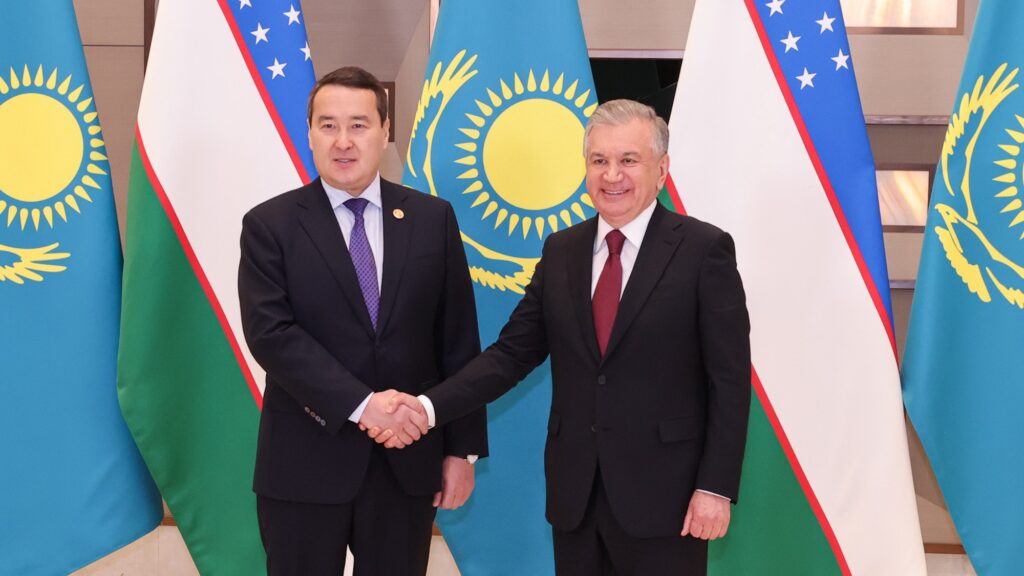Central Asia Expands Trade and IT Cooperation with Afghanistan Amid Regional Growth Plans
The Central Asian countries continue to develop their trade relations with Afghanistan, a crucial factor in the region's economic growth and resilience against economic and political challenges. Afghanistan's key trade partners in Central Asia are Uzbekistan, Turkmenistan, and Kazakhstan. While Tajikistan and Kyrgyzstan play a smaller role, they still contribute by exporting electricity and agricultural products to Afghanistan. Afghanistan is Uzbekistan's fifth largest export market. Over the past five years, trade turnover between the two countries has grown by nearly 1.5 times, reaching $866 million in 2023. Currently, 550 enterprises with Afghan investments operate in Uzbekistan, with 443 being fully Afghan-owned. Joint projects span industries such as food production, construction materials, agriculture, tourism, and textiles. Recently, Uzbekistan and Afghanistan signed business agreements worth $4.5 million between their private sectors. For Turkmenistan, the most significant project involving Afghanistan is the TAPI gas pipeline. President Berdimuhamedov recently directed the government to accelerate the development of the Galkynysh Gas Field and expedite the TAPI pipeline's construction. The state company Turkmengas has already completed a 214-kilometer section on Turkmenistan's territory, fully preparing it for operation. This project is a key component of the country's socioeconomic development and investment program for 2025. Additionally, Turkmenistan is poised to become a transport hub for international corridors passing through Kazakhstan, particularly the North-South and Middle corridors, as well as the Lapis Lazuli corridor, which connects Turkey, Georgia, Azerbaijan, Turkmenistan, and Afghanistan. Although Kazakhstan does not share a border with Afghanistan like Uzbekistan and Turkmenistan, it remains an active trade partner. The Times of Central Asia has previously detailed trade relations between Astana and Kabul, highlighting Kazakhstan’s potential not only for expanding trade but also for entering Afghanistan’s IT market. The Afghan news portal AVA Press notes Kazakhstan’s role in regional stability and economic development. It also mentions Kazakhstan’s humanitarian aid to Afghanistan, including earthquake relief in 2023 and food assistance in 2024. The article touches on Afghanistan’s IT sector challenges and Kazakhstan’s potential role in addressing them. Afghanistan lags in IT development and relies on imported technologies, but Kazakhstan, recognized for digital transformation, could be a valuable partner. Kazakhstan’s e-government model, including the eGov platform, serves as an example of how digital services can improve governance and infrastructure. Choosing Kazakhstan as an IT partner is seen as a strategic decision based on the country’s internationally recognized digital achievements, strong economic ties, and mutual trust.


